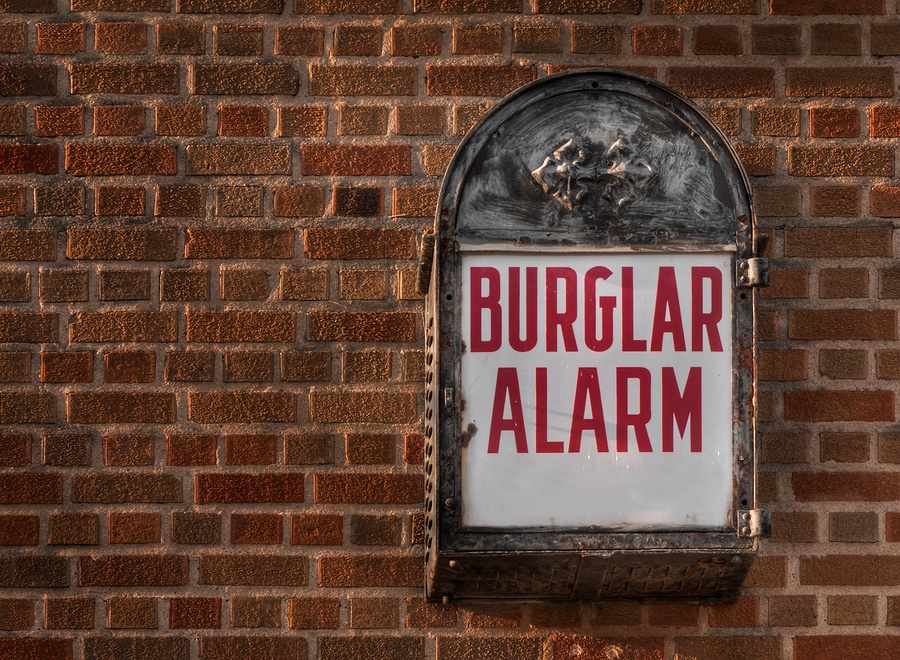Many people are rightfully confused about the elements that make-up a crime, especially between robbery, theft, and burglary. Furthermore, many people are confused as to what exactly makes the difference between the level at which they are charged. That is, many crimes including burglary can be charged at lesser and higher degrees. In some cases certain crimes may even be chargeable at both an indictable offense (felony) and disorderly persons (misdemeanor) levels. In the case of burglary charges, it can be charged as either a second or third-degree crime.
The criminal defense attorneys of the Law Offices of John J. Zarych can fight to protect you from criminal charges such as burglary. Furthermore, we can explain the charges you face including the aspects of the alleged conduct that caused you to face that version of the crime. To schedule a free and confidential criminal defense consultation with our legal team call (609) 616-4956 today or contact us online.
What Are the Standard Elements the State Must Prove to Convict for Burglary?
Burglary can be charged at either the second or third-degree. While both charges can lead to prison time and other serious consequences, The second-degree version of the crime charged when behavior is more outrageous and the behavior appears top meet additional criminal thresholds. Thus, it makes sense to start by defining the lesser version of the crime since the second-degree version of the crime requires similar behavior plus additional conduct.
Burglary in the third-degree is codified under N.J.S.A. 2C:18-2a. Under the statute, burglary is defined as a specific crime that may not comport with one’s general knowledge of the topic or the traditional common law definition of the crime. New Jersey state law holds that burglary occurs when a person enters certain structures with the intent to commit an offense inside. Specifically New Jersey law includes both “research facilities” and “structures” including “separately secured or occupied portions” of structures as one element of when an individual commits burglary. The law defines “research facility to include any:
- Building
- Laboratory
- School
- Institution
- Organization
The activities carried out in these locations to qualify as one of the above can include “research, testing, educational or experimental activities, or any commercial or academic enterprise that uses warm-blooded or cold-blooded animals for food or fiber production, agriculture, research, testing, experimentation, or education.”

“Structure” is also defined broadly and beyond the typical meaning of a building. Rather, a structure also includes:
- Cars
- Ships
- Vessels
- Airplanes
- Vehicles
- Hotels or any place adapted for overnight accommodations
Purpose to commit an offense means that they intended to commit an illegal or unlawful act once inside the structure or research facility. Purposeful conduct is conduct where the individual intended to bring about a certain result regardless of whether they accomplished the result. A third-degree crime can be punished by a three to five year prison sentence and a monetary fine.
What Additional Elements Exist in a Second-Degree Burglary Charge?
The type of alleged conduct that separates a second-degree charge from a third-degree charge is, generally, conduct that is violent or threatening in nature. For instance, a person who attempts to injure another or actually injures another person during the course of the burglary would likely be charged with the second-degree version of the crime. Likewise, a person who while committing burglary while armed with a weapon or explosive device or whom displays a weapon would also be more likely to face second-degree charges.
Again, the accused would have to commit all of the elements defined in the above section for third-degree burglary plus the additional elements involving violence or a weapon. Under these circumstances a second-degree charge would be appropriate. A second-degree indictable offense can lead to a five to ten year state prison sentence and a fine of up to $200,000.

Facing Second or Third-Degree Burglary Charges in New Jersey?
If you or a loved one are facing a second or third-degree indictable offense like burglary, the formal penalties make-up just one aspect of the punishment. Aside from a lengthy prison sentence, a criminal conviction is also accompanied by a stigma. This stigma unfortunately continues to affect the lives of individuals who have served their sentence. They may find themselves unable to pursue certain career paths or find that they do not receive calls back for jobs after disclosing their status.
An Atlantic City criminal defense lawyer of the Law Firm of John J. Zarych can fight for you to avoid both the criminal and informal penalties a criminal conviction can result in. To schedule a free and confidential consultation call (609) 616-4956 today or contact us online.







